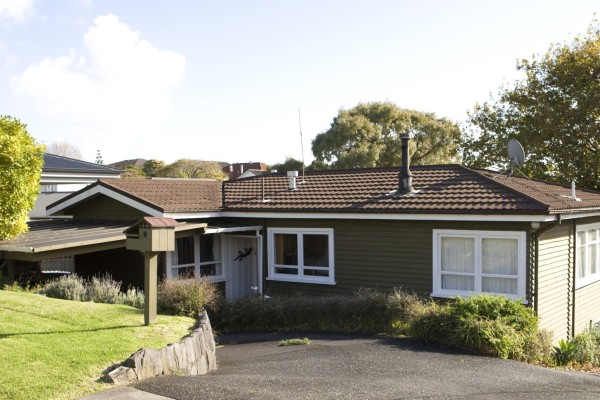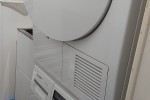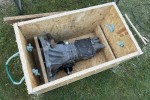Understanding and navigating your rental rights in New Zealand
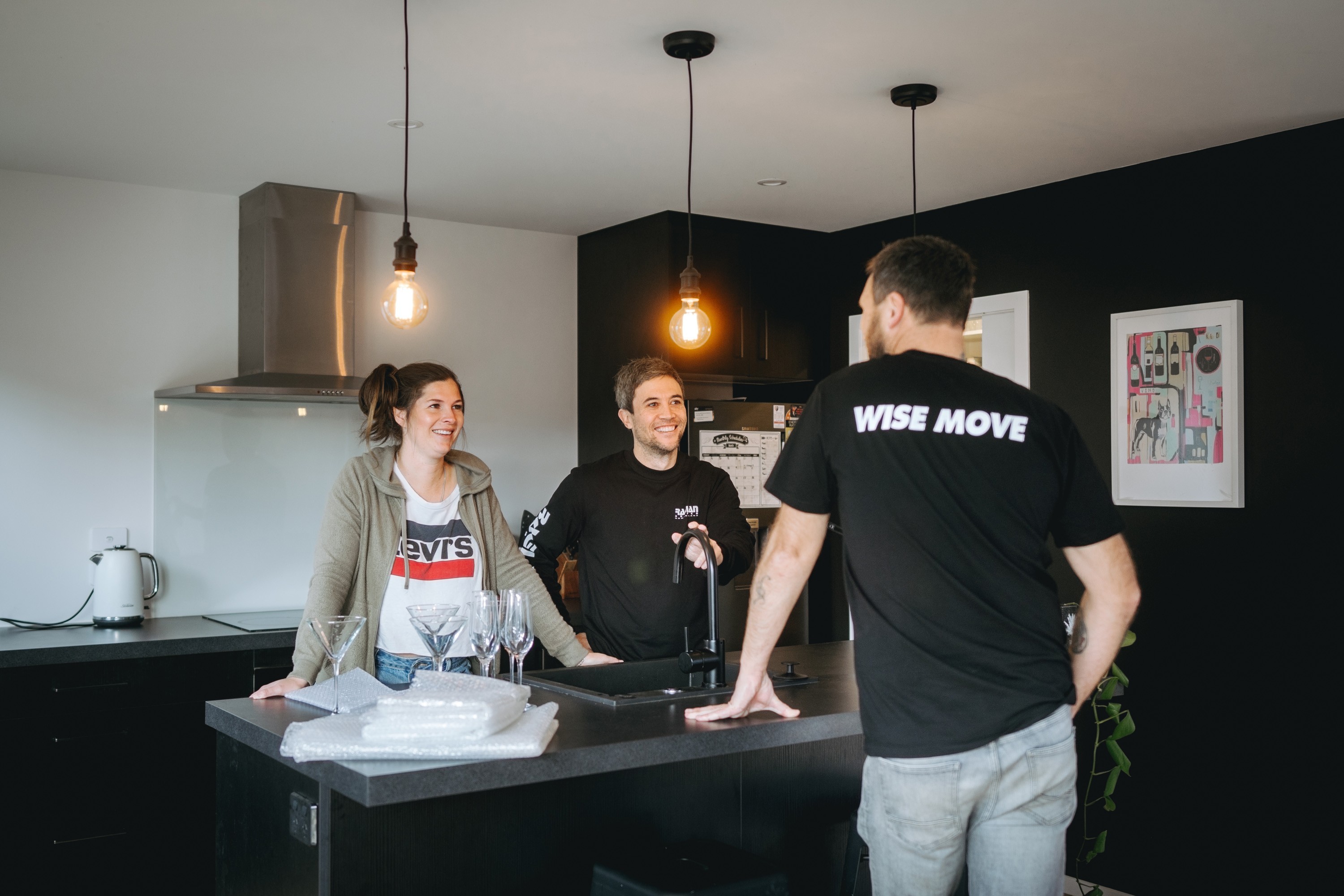
Whether you’re moving into a flat for the first time or have been renting for a few years, it’s always a good idea to understand your rental rights. Rental rights can change over time as the government introduces new laws or repels old ones.
Knowing what you are responsible for and what your landlord is and isn’t allowed to ask of you as a tenant will help you have a smoother, more enjoyable tenancy experience.
We help answer the most common rental questions in New Zealand:
What are my rights when it comes to rent and bond?
One of the most stressful parts of being a renter is understanding your financial rights and obligations.
Rent
When it comes to rent, you are responsible for paying the rent on time on a regular schedule. In New Zealand, most tenants pay rent on a weekly basis rather than monthly.
Your landlord can only increase the rent once every 12 months and must give you at least 60 days' notice in writing of a rent increase.
How much rent you pay will depend on where you live in New Zealand. Auckland and Wellington have some of the highest rental markets in New Zealand. Choosing to live rurally, in outer city suburbs or smaller cities can help reduce the rent you will pay.
Bond
Most landlords will charge you a bond before you can move into the property.
A bond is money that you pay the landlord as security. If you damage the property or fail to pay all or some of the rent, the landlord has a right to use the bond to pay for fixing the property or covering costs related to the rent.
You will need to pay an agreed-upon amount in bond before moving into your chosen rental property. Your landlord needs to lodge this money with Tenancy Services and give you a receipt within 23 working days. Landlords are not allowed to hold onto this money themselves.
Letting Fees and Key Fees
Landlords are not allowed to charge letting fees;
If they do so, they are breaking the law. Letting fees are sometimes used to transfer the cost of extending or renewing a lease from the landlord onto the tenant. They are usually charged by Letting Agents and passed onto the tenant via the landlord. Since 2018, these fees have been illegal to pass on to tenants.
What are my rights when maintaining a property I rent?
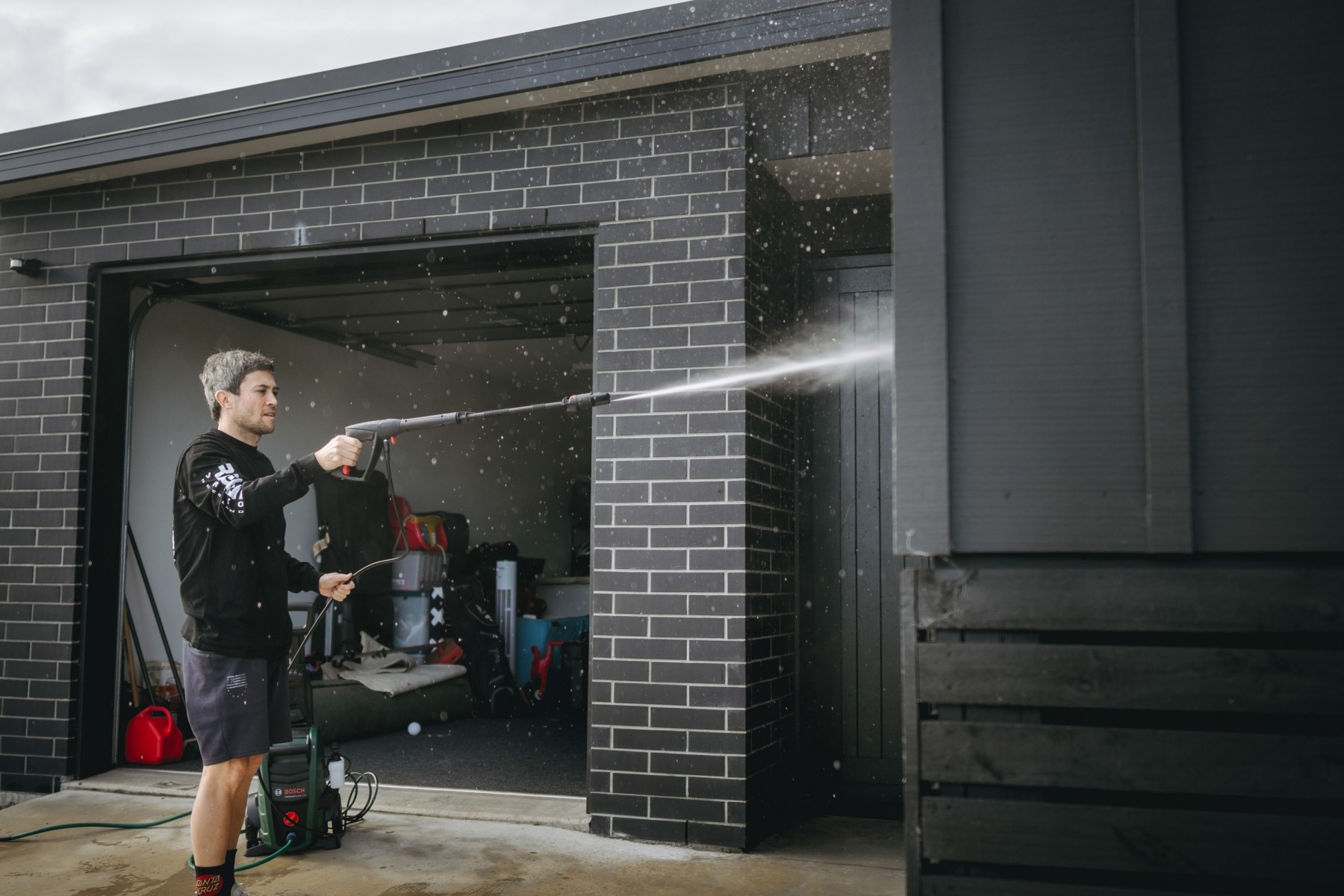
Understanding who is responsible for maintaining the property isn’t always clear. Here are the rights and responsibilities of tenants and landlords when it comes to fixing and cleaning the property.
Maintenance
It is the landlord's responsibility to provide and keep a home in a reasonable state for tenants to live in.
This means they must respond to requests for maintenance. Such requests may include calling an electrician or plumber to the property or fixing broken fixtures like door handles, gutters and other features around the home.
Cleaning & General Upkeep
Tenants do have a responsibility to keep the home clean and tidy.
A clean, tidy home also helps to reduce the need for maintenance in the short term. The tenant is also responsible for alerting the landlord to any maintenance on the property. Tenants are responsible for replacing smoke alarm batteries, while landlords are responsible for ensuring smoke alarms are installed in your home.
Urgent Repairs
If you require something to be fixed urgently — let’s say, a broken window or leaking pipe under the sink — you can pay to get it fixed and ask your landlord to reimburse you. You must make a reasonable effort to tell them of the problem.
If you have spoken to your landlord about the repairs and they haven’t acted in a reasonable timeframe, you can also send them a 14-day notice to fix the problem. If they haven’t fixed the problem within that time, you can apply for a work order through the Tenancy Tribunal.
Paying rent while work is yet to be done
Tenants are required to pay rent even if there is maintenance to be done or if they are waiting to be reimbursed for maintenance. However, the Tenancy Tribunal can order a landlord to reduce your rent until work is complete or if work is overly disruptive.
What are my rights if I want to move out or am asked to move?
Sometimes, you may find you need to move out of a property before the end of your lease agreement. Here is how to navigate breaking or ending a lease.
Ending a lease
The laws around ending a lease are currently in a state of flux. In February 2024, the law states that tenants need to give four weeks' notice to leave a tenancy if on a periodic lease. However, the government are planning to reduce this to 21 days' notice. If you are on a fixed lease, you can only leave at the end of the period (usually 12 or 24 months) or if the landlord agrees to the breaking of the lease. Most landlords will charge a fee to break the lease mid-contract.
Being asked to move
Landlords can only ask tenants to move out if they plan on selling the property or moving into it themselves.
Currently, a landlord cannot ask you to move out so that a family member or someone they know can move in. Currently, landlords must give tenants three months' notice, however, the new government are planning on reducing this to 42 days if they want to move in and sell it. The government also plans to allow landlords to serve tenants with 90-day no-cause eviction notices. This law would mean landlords can evict tenants without giving a reason why.
How often can my landlord come around?
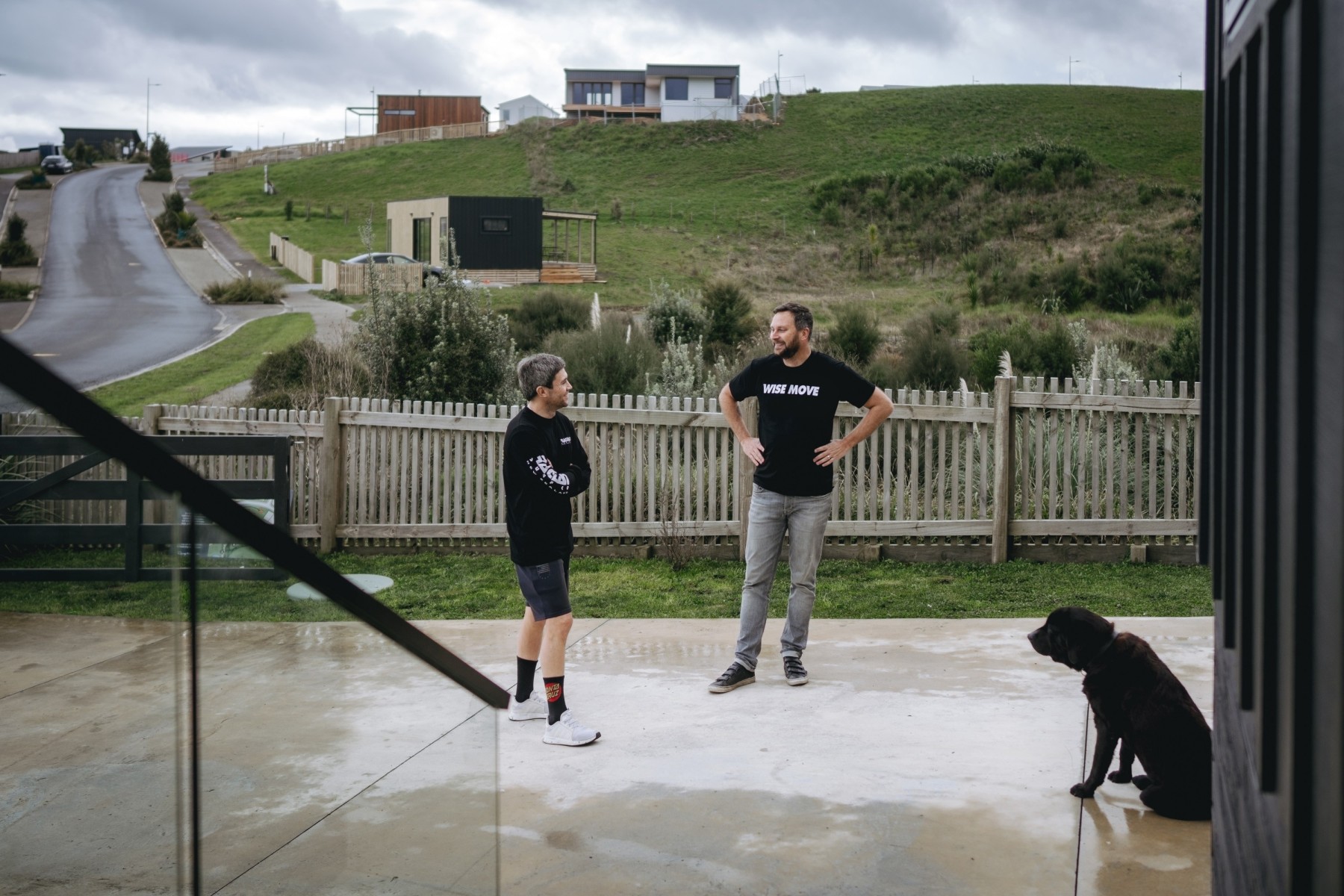
Inspections
Landlords must give 48 hours notice before coming around for a rental inspection.
Inspections can take place anytime between 8am and 7pm for rental properties and can happen no more than once every four week. The standard for rental inspections in New Zealand is anywhere from once every three months to once per year.
Maintenance
Landlords cannot enter your home without prior warning, even to do maintenance.
Your landlord must give a minimum of 24 hours notice before coming around. They also have to give 48 hours notice before testing for meth contamination. It should be noted that landlords don’t have to give notice to go onto the land of the property e.g. mowing lawns or outdoor maintenance. However, they should do so in a way that doesn’t interfere with your peace or privacy.
What do our customers say?
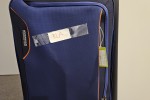
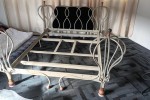
For every (wise)move
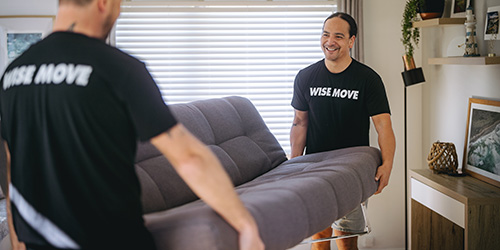









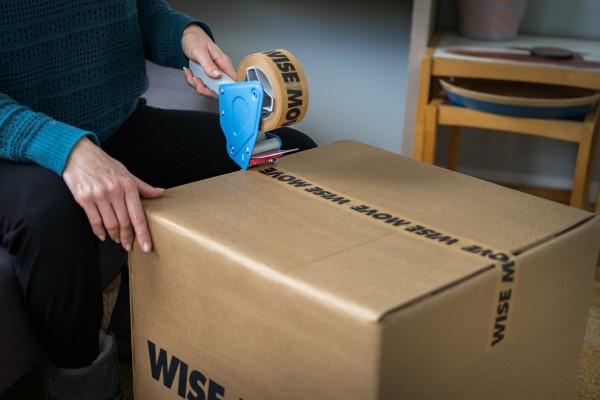
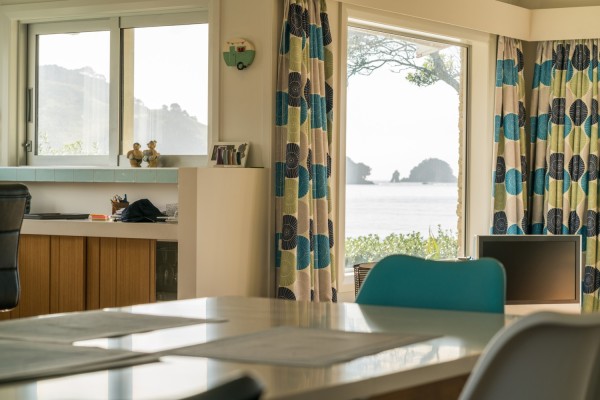
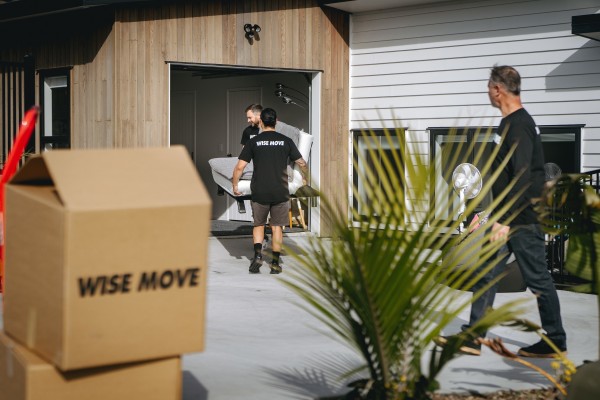

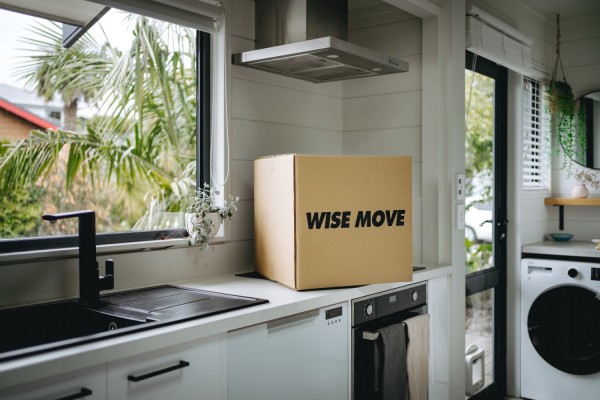
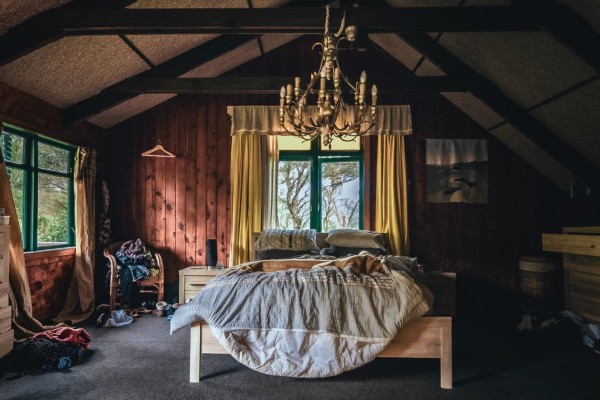
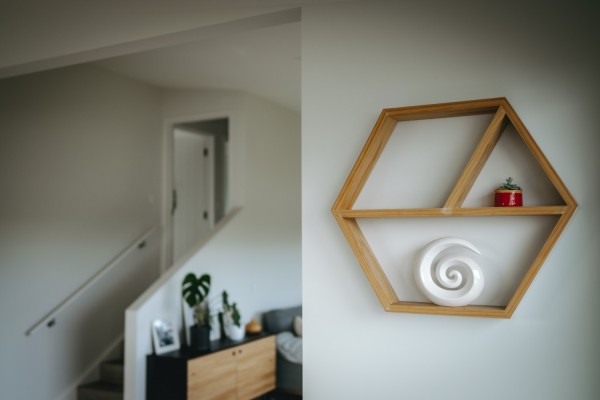
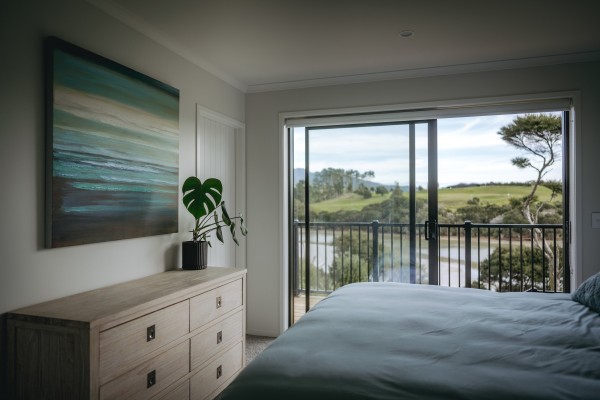


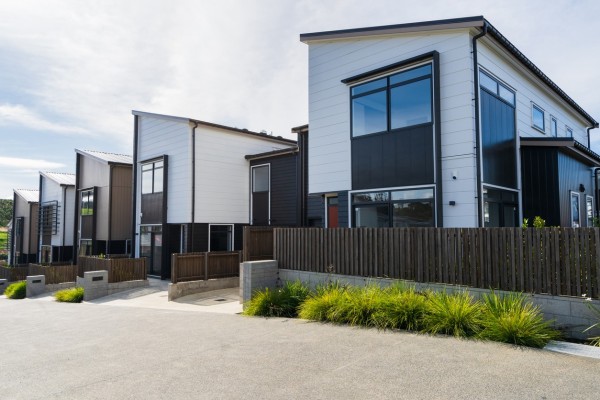
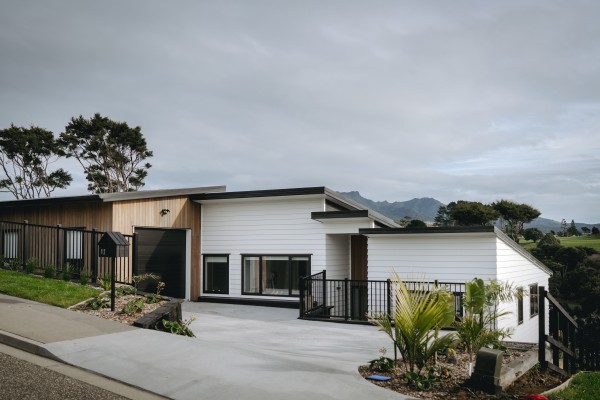

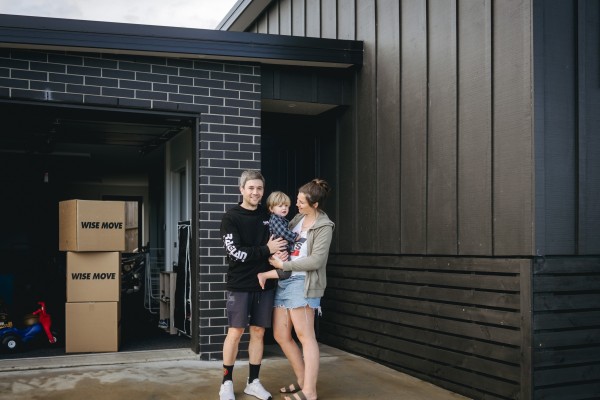
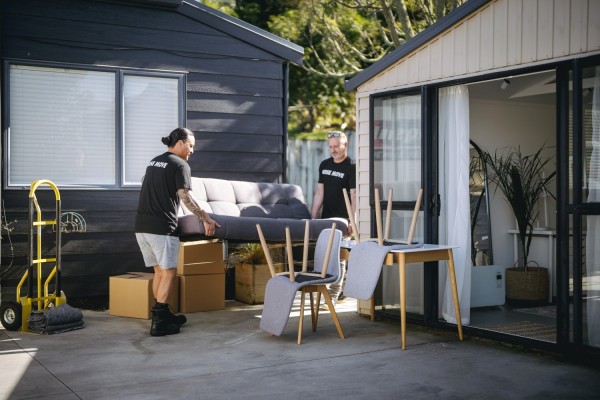
![What does it cost to build a new house in New Zealand? [2025] What does it cost to build a new house in New Zealand? [2025]](https://cdn.wisemove.co.nz/image/blog/ffd5dbdc5eec7e9eb3ad049d6c5c7f4d.jpeg)
